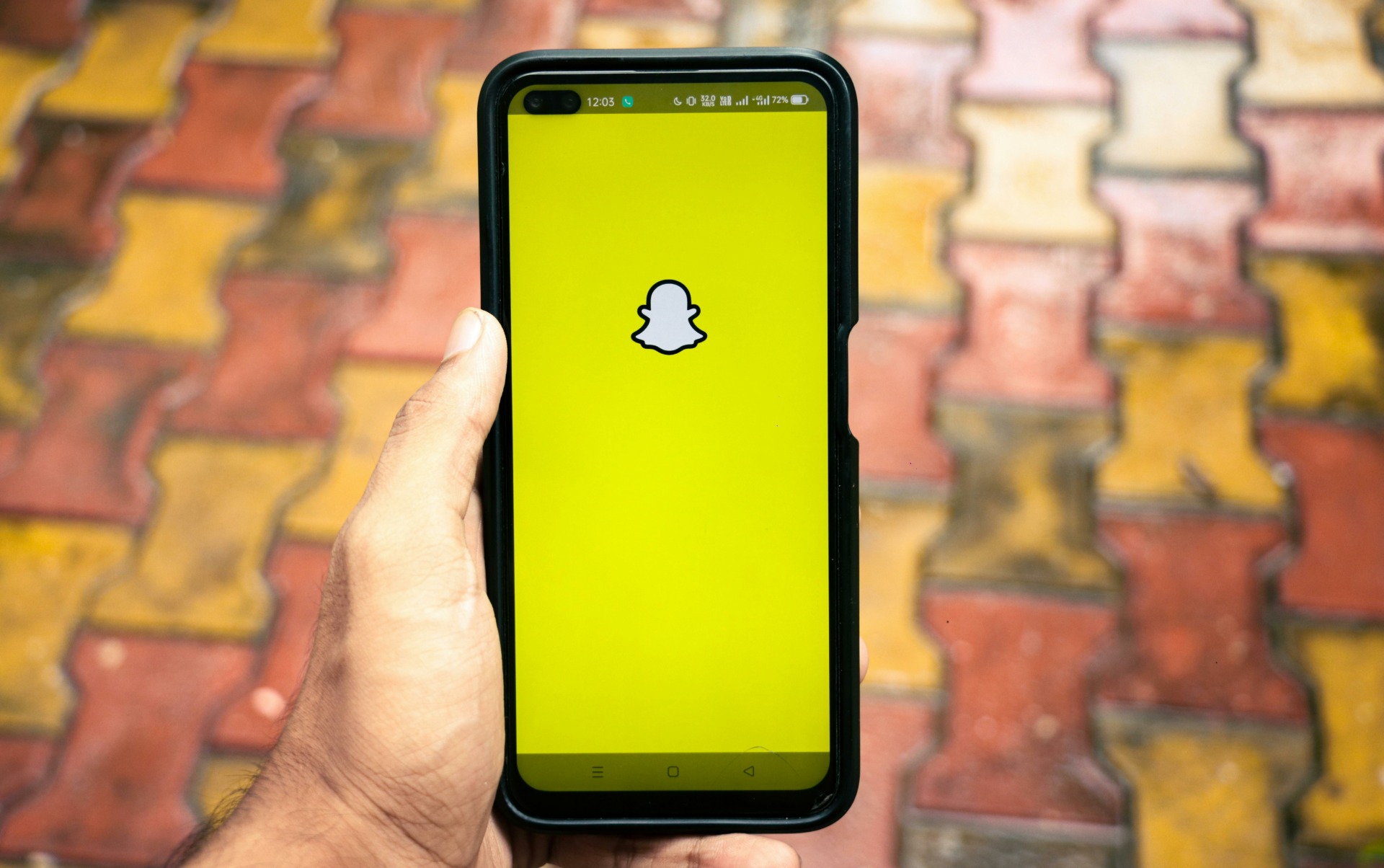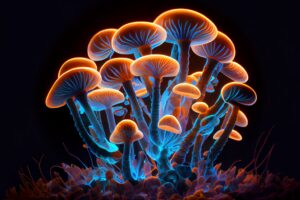DEA Rules: Cannabis is the Same as LSD
Even as an entrepreneur in the medical cannabis industry, the truth is I paid little attention to the Drug Enforcement Agency’s cannabis classification discussion of the last few months. For one, whatever was written was purely rumor-based. And secondly, I get up every morning to build a business that will educate millions on the wellness benefits of medical marijuana — and I will continue to do so regardless of what the DEA says.
Yet when the news of the DEA decision recently broke, I found myself bitterly disappointed to again see numerous headlines that compared, or in some ways even equated, medical cannabis to Heroin or LSD. Despite years of anecdotal evidence to the contrary, years of death-less cannabis consumption, and now 25 states offering legal access to medicinal marijuana – somehow the federal government chose to reaffirm their position that cannabis compares to Heroin and LSD in medicinal value and in its ability to do harm. What?
Ask a Teenager
In search of rational thinking, I turned to my teenager and asked her what she thought of the news. She perked up, took the question very seriously, and answered with a much straighter face than I’m used to. ‘How could cannabis and heroin be in the same sentence? Heroin can kill you; cannabis can help you’, she exclaimed. And then added, before moving back to Snapchat, ‘Why would the government do this?’ That was it. Short, simple but with infinitely more wisdom than the DEA.
I shouldn’t gloss over the mind-bending complexities behind this recent decision. The very rules that govern drug classification appear to make it impossible for the federal government to change its longstanding view of cannabis. It’s the chicken and egg – on the one hand, clinical trial findings establishing cannabis’ efficacy are required in order to move cannabis from its Schedule I substance classification. On the other, it’s almost impossible to executes these while a drug is classified Schedule 1. Go figure. Still, if the current process results in telling the general public (remember, we live in a headline world) that cannabis is essentially akin to heroin, something has gone terribly wrong. In a world where heroin and opioids dot the news for their increasing association with death, this ruling strikes me as a cowardly and irresponsible act by elected officials. Even teenagers appear to know better.
The Medicinal Power of the Plant
Now granted my seat at this table is still a fairly unique one. I consider myself lucky; I get to witness people every day moving away from opioids, finding pain relief, taking on PTSD, relieving stress and altogether discovering hope through medical cannabis. These are people abiding by state laws, and taking their health into their own hands. Actually, they form part of a broader trend. As a nation, we are transitioning to an era of self-advocacy and self-guided treatment when it comes to our health. Gone are the days of simply depending on your doctor for an answer. People are sick of pills, sick of the cost of healthcare and sick of fancy machines that bring little long-term relief. Instead, they want control over their health – and the right to choose and safely access medical cannabis fits right in.
The DEA and its limited perspective aside, maybe the word itself – ‘medicinal’ – is getting in the way. Some suggest, as cannabis is plant-based, that we call it herbal. Others say holistic. I like to think of it as therapeutic. Therapeutic is good for everyone, from the very sick to those simply trying to feel a little better. In fact, couldn’t cannabis just as easily be on the shelf at Vitamin Shoppe, or GNC – next to the fish oil? Americans spend billions of dollars in these stores every year – seeking therapeutic benefits – and yet you would be hard-pressed to find a product in there labeled FDA-Approved. Instead, shoppers are depending on the mighty Internet and underpaid clerks to tell them what to put in their bodies and why. What do you think of the term ‘Medical Cannabis’?
The Power of the People
It is possible that the ruling – and the news reel that comes with it – will misinform the millions who search every day for a better way to heal themselves, and also arm those determined to keep cannabis at bay. But I believe that the sheer power of people feeling better (with minimal side-effects, by the way) will overcome. As time passes, people who find relief though cannabis will passionately share their stories with those around them until, regardless of the DEA’s blind spots, cannabis will be widely considered therapeutic. HelloMD will continue to do its part. Ours is to enable millions of Americans to connect with doctors, experts, like-minded patients and the right products – so they may leverage cannabis in managing their own wellness. You can get involved too. If you have a story of success with cannabis that you’re willing to share, please let us know. We want to share it.
I can’t help but close with a message for the DEA’s employer, our federal government. If you people can figure out how fast we should drive, and how to regulate proven killers like alcohol and cigarettes, surely there is a better way to take medical cannabis mainstream. Oh, and maybe check with some teenagers. They hold more wisdom than you think.




